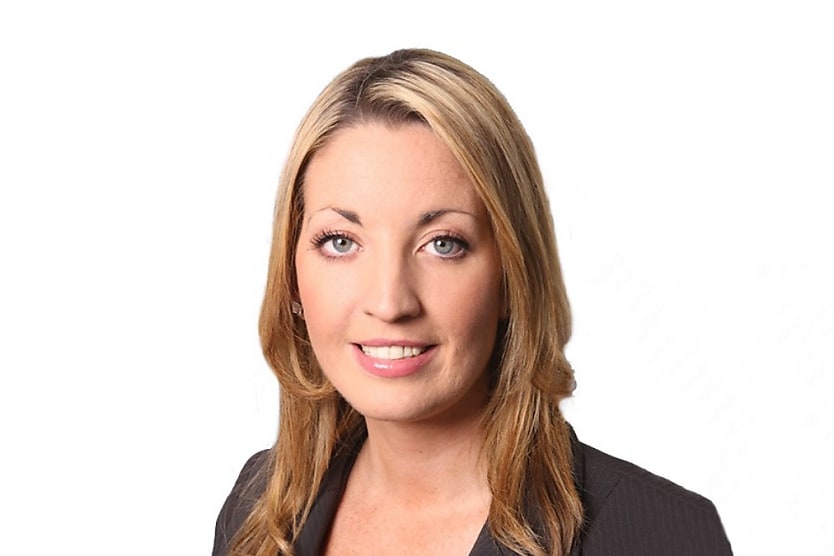HR Leader DEI Roundtable: in discussion with Baker McKenzie partner
SHARE THIS ARTICLE

Kellie-Ann McDade is a partner at Baker McKenzie law firm. She joined the HR Leader Roundtable to discuss diversity, equity, and inclusion (DEI). She focused on what her company is doing in terms of DEI, what conversations are happening around the topic, and issues that could be addressed.
Shandel McAuliffe, editor at HR Leader: “How important is DEI at Baker McKenzie?”
Ms McDade: “Baker McKenzie is probably the first truly global law firm, and so really at its heart, has been diversity and inclusion right from the get go. We're also one of the first global law firms to announce gender targets for the partnership, so we do consider ourselves to be somewhat market leading in the DEI field.”
Editor: “What does DEI at Baker McKenzie look like?”
Ms McDade: “It really is more about living and breathing diversity and inclusion and putting in place those support structures around it to be able to get the outcomes that we're after. So, looking at not just have we got a good parental leave policy, but are we actually encouraging our male parents to take leave, and encouraging that from a high level of the organisation.”
She continued: “That's certainly something that we've done at Baker McKenzie and implemented a gender-neutral parental-leave policy, where men, women, secondary or primary carers all get the same amount of parental leave and that then creates a culture of allowing them to take leave and allowing women to get back to work.”
Editor: “What conversations are you seeing around DEI?”
Ms McDade: “Recruitment processes … [are] often just focused on one type of candidate ... Some of the attributes that people previously determined were making a good lawyer, like someone who was overly confident, very outspoken, able to speak publicly very well, were really quite discriminatory towards certain cultural groups who didn't naturally have those abilities, but equally could be just as good a lawyer.”
Ms McDade continued: “I was talking to a client yesterday who was recruiting that day and had been reviewing CVs and resumes and was doing it on a blind basis. So, with no name, actually no information about where they had gone to university, [and] gender-neutral pronouns, and was trying that out to see if they did get a better result from their recruitment process. Whether that sort of unconscious bias really is something that we're doing without even knowing about it.”
She added: “The other thing that I have seen some movement in … is an ability under our equal opportunity laws in each state of Australia, to recruit on the basis of special measures. And when I say special measures, there are provisions there that allow an employer to essentially discriminate and favour a particular type of employee or an employee with a particular attribute, where you've recognised that there's some substantive inequality in the workforce.”
“So, where you've recognised that you just don't have any Aboriginal or Torres Strait Islanders or you don't have anyone of a particular ability level, there is this ability to recognise that and deploy measures, like specifically going after, in advertising and in the recruitment process, only females or only Aboriginal employees. And the ability to do that often surprises my clients, so I think maybe there does need to be an education piece there about the fact that there are certain circumstances where we can take proactive measures,” said Ms McDade.
Editor: “What DEI issues does Australia need to address?”
Ms McDade: “The major issue that I think all employers in Australia are facing at the moment is a skill shortage, is a labour shortage, and I think there's a whole bunch of things that we could do to address that. And a lot of that has come out of the recent work summit. So, increasing immigration, looking at ways to engage our older workers, and looking at better ways to retain people in particular professions where we're underrepresented.”
The transcript of this roundtable episode, when quoted above, was slightly edited for publishing purposes. The full conversation from the event is at the link below.
Note from the editor: Please note that this article has been prepared for informational purposes only, and is not to be construed as advice, legal or otherwise.
RELATED TERMS
The practice of actively seeking, locating, and employing people for a certain position or career in a corporation is known as recruitment.
Jack Campbell
Jack is the editor at HR Leader.

